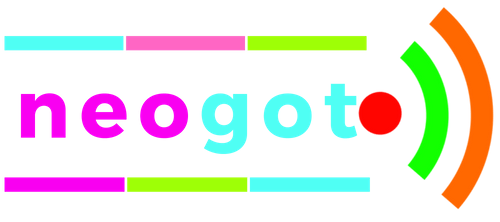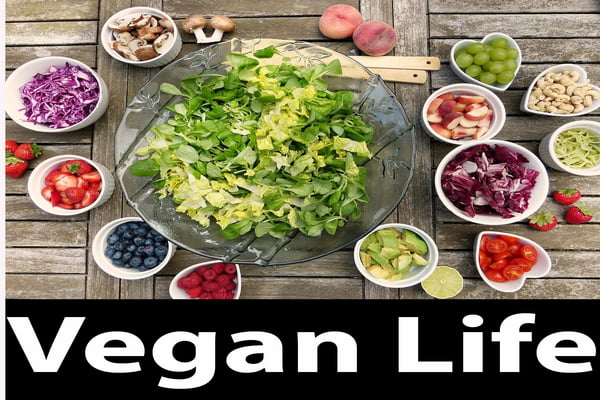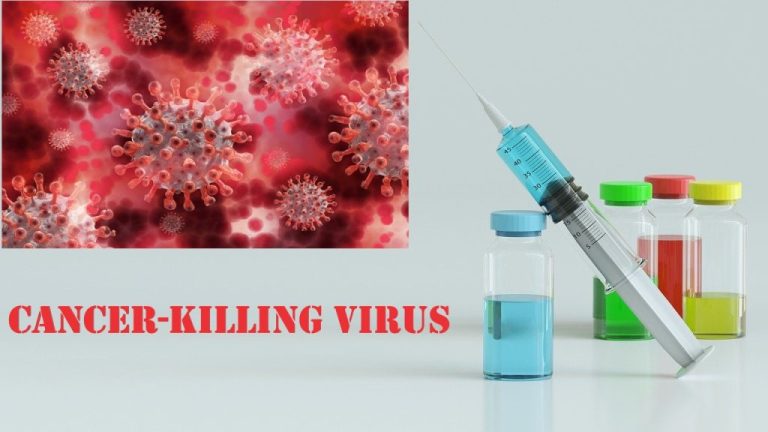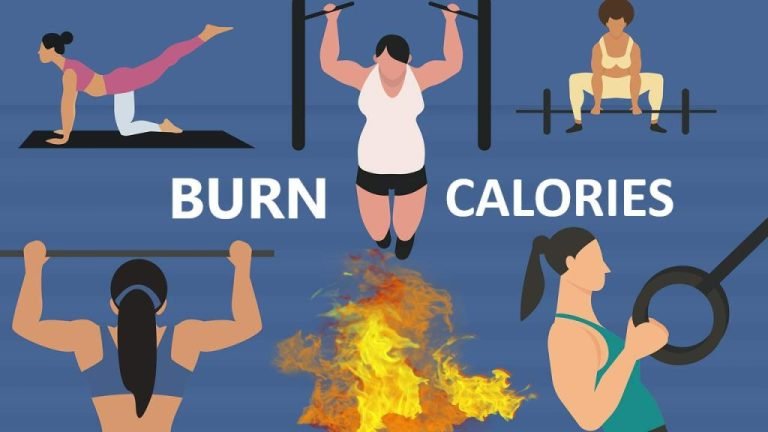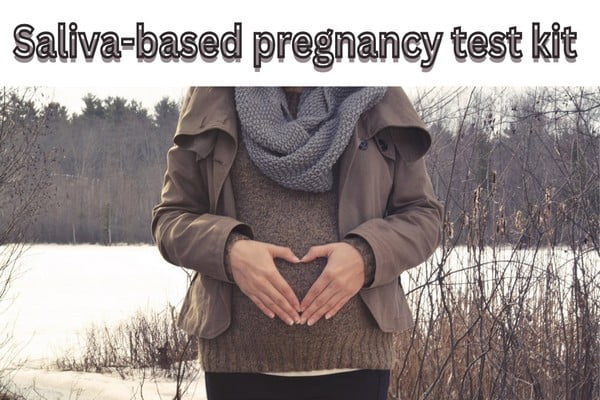What You Should Know Before Going Vegan

Several of us are embracing veganism. It is morally and environmentally responsible to consume no animal products at all, including meat, dairy, eggs, and fish. According to a University of Oxford study, going vegan is the “single biggest method” to reducing your impact on the environment. And that’s before you consider the moral arguments against eating industrially farmed animals, who live inhumane lives and are regularly injected with powerful antibiotics that may be damaging to people’s health.
According to a University of Oxford research, becoming vegan is the “single biggest technique” for lowering your environmental effect.
If you’ve always eaten meat, it could be hard to switch up. Here is what prominent vegans had to say when asked for advice on how to transition as an adult.
Is it a good idea to jump right in?
Katy Besk, a longtime vegan and the author of three best-selling recipes, suggests taking a strong stance. “Because vegan products are widely available, you can do it much more easily than in the past. My advice is to gradually substitute foods like milk, mayonnaise, or yoghurt in your diet with alternatives. In that case, you won’t see a difference.
How Should I Respond To Criticism From Family and Friends Who Love Meat?
Simply be courteous to those who are being negative—and feed them well. You may make your meat jokes or tell me I’m going to die, but I’m comfortable with my decision, says writer and journalist Isa Chandra Moskowitz. “Even if someone is acting harshly, be courteous to them. Likewise, prepare some food for them so you can show off how good it is. It’s a really lovely gesture that helps others understand the food is wonderful and you’re okay, which lessens conflict.
Be understanding to individuals who express negative feelings. “I can understand when people have some antagonism toward veganism because I was in that situation previously,” says YouTuber, chef, and author Gaz Oakley. “It was simply a lack of understanding and a fear of the unknown,” says the author. Consider these conversations as chances to teach, but avoid lecturing people. “ If I’m at a party and someone makes a minor joke about veganism, it’s simply a matter of educating them and making them feel at ease. Use sentences like “I never thought I’d be a vegan until I saw this” or “I had no idea.” Don’t pass judgment or argue back. Just do everything you can to educate them.
Humor is essential. Benjamin Zephaniah is a poet, singer, and actor. “I recall doing a TV show when someone said, ‘How bad are your farts since you’re a vegan?'” “Your farts smell like horrible, decomposing flesh,” I commented. My farts smell like broccoli. Don’t be concerned about mine; be worried about yours.
Does your diet contain vitamins and minerals?
When being vegan, it’s critical to get enough vitamin B12, which is commonly present in meat, eggs, and fish, because you’ll feel weak and tired if you don’t. Fortified foods such as “dairy alternatives, morning cereal, dairy-free spread, and yeast extract,” according to Russell, are good sources of B12. A B12 supplement, which can be found in most pharmacies and health food stores, is another alternative. Russell also recommended that you think about your calcium intake. Fortified plant milk contains the same amount of calcium as cow’s milk, and additional great sources include calcium-set tofu, fortified soy and linseed bread, and fortified yoghurt replacements.
Protein: How Do I Ensure I’m Getting Enough?
Beskow believes that when a person turns vegan, it is the first time they have ever been questioned about protein. “Protein deficiency is exceedingly rare in the Western world.” Simply mix high-protein foods such as beans, lentils, seeds, and almonds. You are not eating rabbit food, despite the appearance. Simply top some spaghetti with a handful of roasted pine nuts, or add beans to your chili.
According to Heather Russell, a licensed dietitian with the Vegan Society, there is no cause for concern. “It’s a common misperception that getting protein from plant foods is difficult. In reality, they can provide all of the required amino acids, which are the building blocks of proteins. Good sources include beans, lentils, chickpeas, soy products, peanut butter, cashew nuts, and pumpkin seeds.
Money matters, at last.
If money is limited, stay away from manufactured meals. According to Firth, it is incorrect that vegan food must be expensive. However, in order to make it reasonable, it’s a good idea to avoid items that even have the label “vegan.” Because they will be too expensive, you won’t go to the most expensive stores and buy things made of plastic there. To be incredibly healthy and save money, you just need to get back to the basics and consume foods like fruit, vegetables, grains, nuts, and legumes.
